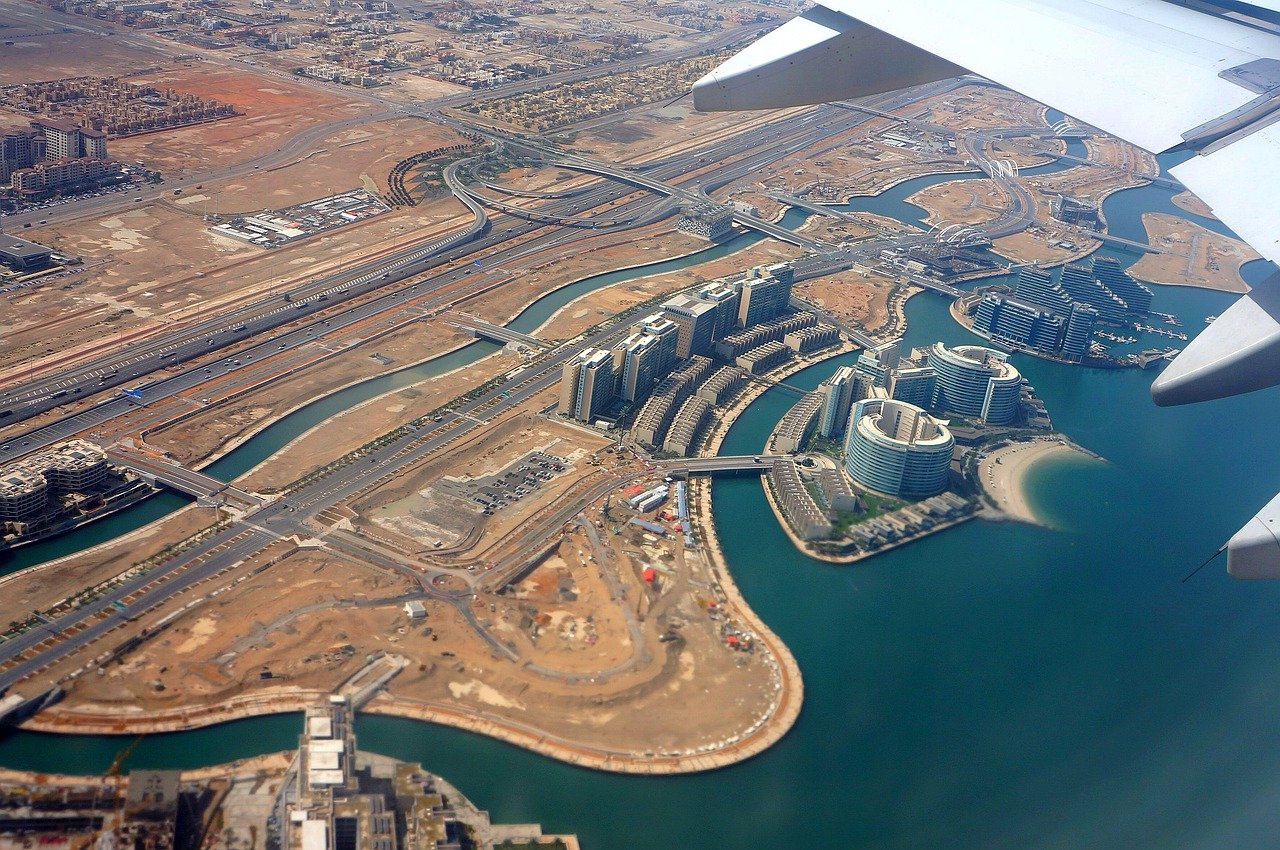This Week on Earth: Oct. 30 - Nov. 5
Abu Dhabi aerial view. Image by Andy Bay from Pixabay.
United Arab Emirates
World leaders met in Abu Dhabi (on the Persian Gulf) over the weekend to discuss the implementation of a “loss and damages” fund for developing countries (Reuters). Historically, rich countries are the largest contributors to climate change, but poor countries face the harshest consequences for their actions due to geography and a lack of infrastructure (the Guardian). The “loss and damages” fund would seek to mitigate this inequality by distributing reparations to the nations that are most affected by climate change and accompanying natural disasters.
Historically, talks have been stalled by disagreements over which countries should donate to, govern or benefit from the fund. For example, although China and India contribute substantially to global carbon emissions, they still consider themselves developing countries and, therefore, exempt from paying for the fund. Furthermore, wealthy Western countries such as the U.S. want the fund to be held by the World Bank, which would give them more control over the funds but reduce their accessibility to the countries that need them most (the Guardian).
Despite the many conflicts, a proposal was passed by the end of the meeting. Still, the U.S. and other countries were unhappy with the seemingly involuntary nature of the fund. Further discussions are expected at the annual United Nations Climate Change Conference in Dubai at the end of this month (AP News).
U.S. and U.K.
A recent study found that the militaries of the U.S. and U.K. owe a combined $111 billion in reparations to areas around the world that are vulnerable to the effects of climate change. Military bases and vehicles are both large consumers of fossil fuels and generate greenhouse gas emissions. Other environmental damages have been caused by chemical pollution and nuclear weapons testing across the globe, both of which have negatively impacted the health of local populations.
The study also suggests that the two militaries should close a number of their overseas bases and allocate portions of their budgets to assisting developing countries that have been affected by the climate crisis (the Guardian).
Brazil
Regions of Brazil near the Amazon River have been in a major drought for weeks, and the subsequent drops in water levels have threatened river transport of people and cargo. The dry season is caused by El Niño, a routine heating up of the central Pacific Ocean, combined with an atypical warming of the Atlantic. Experts blame climate change for the severity of the drought this year (Financial Times).
Land-grabbers have taken advantage of the dry vegetation to burn parts of the Amazon Rainforest and create ranching space, further damaging the crucial carbon sink, producing greenhouse gasses and exacerbating the climate conditions that gave rise to the current drought (the Guardian).

